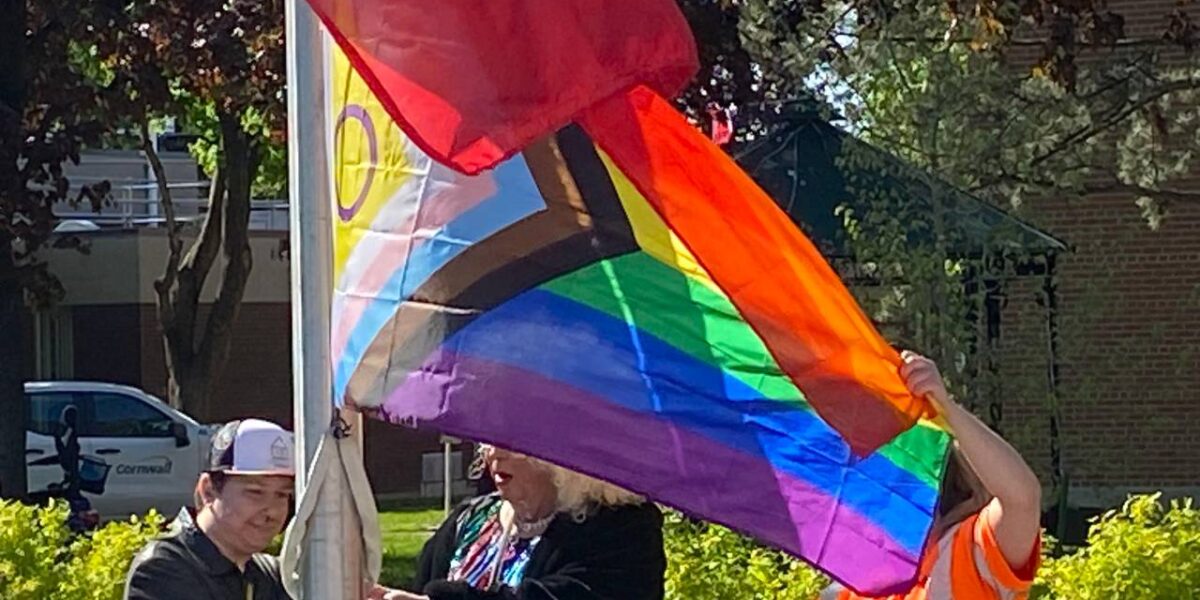In honour of the International Day against Homophobia, Transphobia and Biphobia, Pride at Work Canada shared some of the results of their forthcoming report “Leading with Pride.” The report found that every 2SLGBTQI+ leader who was interviewed reported that they experienced discrimination.
For many, this discrimination was compounded with racism, sexism or ableism, according to Misha Goforth, gender equity specialist who leads social research and development at Pride at Work Canada.
“Our research questions for this report were about best practices for advancing 2SLGBTQI+ leadership,” Goforth said. “I want to share that the focus of this research really was on the experience of the individual, as well as the structural and systemic issues that are happening at the same time.”
The discrimination that 2SLGBTQI+ leaders experienced resulted in slow career progression which made career planning difficult.
While learning about discrimination in the workplace may not be particularly surprising for many queer people, Goforth said that having the data on discrimination written in report form can create a clearer roadmap on how to further diversity, equity and inclusion in the future.
“Essentially, this research looked to better understand the pathways that queer and trans people take to reach leadership positions, as well as the barriers and supports that exist on those paths,” Goforth said. “We also wanted to know what employers are doing to create and broaden those pathways.”
A major barrier that the report identified for 2SLGBTQI+ workers was retention issues which forced many workers to make “lateral career movements” for safety.
LISTEN: Creating safer and more inclusive workplaces for 2SLGBTQIA+ Canadians
“Discrimination, a lack of employer investment, and a lack of advancement opportunities all created challenges for the retention of to 2SLGBTQI+ talent,” Goforth explained.
Once in leadership positions, many 2SLGBTQI+ people said the discrimination lessened and that seniority also comes with some security. However, the lessened discrimination was not a benefit that was enjoyed as often by transgender, non-binary, Black and Indigenous leaders.
While the experiences of 2SLGBTQI+ leaders may seem to paint a grim picture of discrimination in the workplace, there were also many stories of resilience.
“Despite experiences of marginalization, many leaders described how their lived experiences as someone who was 2SLGBTQI+, Black, Indigenous, racialized or disabled allowed them to develop skills, knowledge and understanding which contributed positively to their leadership styles and abilities,” Goforth said. “Leaders in this study reported developing empathy, emotional intelligence, self awareness, adaptability, inclusiveness, resourcefulness, and many more skills.”
In fact, the level of empathy and emotional intelligence that workers gained while navigating a work environment that can be hostile had led people to provide support for other marginalized peoples at work.
“Despite having less access to supports like mentorship, networking and sponsorship, every single leader in this study reported that they now act as a mentor or a sponsor for folks,” Goforth said. “They offer the mentorship and sponsorship that they wish they had had access to in their own careers.”
The full report by Pride at Work Canada will be made available on June 19. Goforth said the recommendations and findings of the report are really meant keep knowledge community-informed and intersectional.
“This is the first published study in Canada to answer these questions,” Goforth said. “…We really see this report is taking a first step forward into this discussion. There are so many ways that further research and future research can build on this.”



